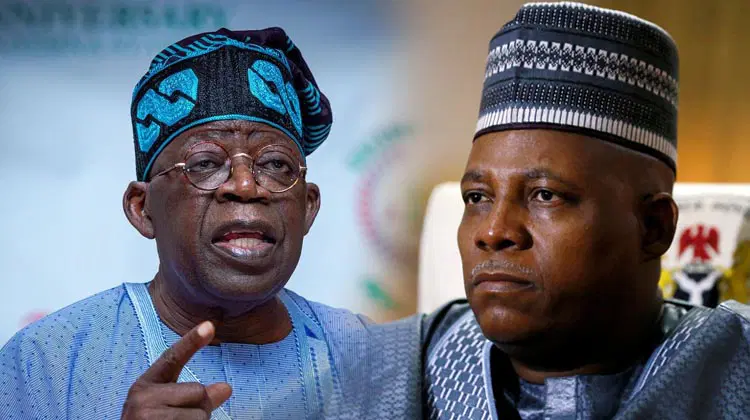The Vice President, Kashim Shettima, stated yesterday that he and President Bola Tinubu empathize with Nigerians over the current hardships resulting from ongoing economic reforms. While declaring open the 30th Nigeria Economic Summit in Abuja, the VP emphasized that there is no alternative to these reforms if the economy is to return to sustainable growth.
Shettima expressed, “My heart and the heart of President Tinubu go out to most of the Nigerian people; we empathize with what the poor and the young are going through in Nigeria. But we have no option, as he (Tinubu) rightly said.”
He highlighted the volatility of Nigeria’s economy, which has been heavily reliant on oil revenues and has struggled to create enough jobs to meet the demands of the rapidly growing population. Shettima stressed the need for economic diversification, stating, “As a nation, we must prioritize sectors that can offer inclusive and sustainable growth, such as agriculture, manufacturing, and the digital economy.”
The VP pointed out the promising prospects of the digital economy, referencing insights from Pond Theory, a global finance conglomerate. He noted that while India is anticipated to have only one million supporters by 2035, Nigeria boasts a larger population of English speakers, which could be a significant advantage. He said, “We need to harness our potential so that we can transform our anticipated demographic bulge into demographic dividends, not a demographic disaster that will consume all of us.”
Shettima acknowledged the difficulty of some policy options, describing them as “inevitable” despite their unpopularity. He remarked, “Yes, some of these decisions are unpopular, but they must be taken to set the economy on the trajectory of growth.”
SME EMPOWERMENT INITIATIVES
On the empowerment of small and medium-scale enterprises (SMEs), the Vice President affirmed that the government has prioritized investments in critical infrastructure, social safety nets, and innovation across various sectors. He shared, “We are making significant strides in addressing several key issues, including regulatory bottlenecks and ease of doing business challenges.”
Shettima expressed optimism about the government’s initiatives, stating, “Our objective is to ensure that the Nigerian economy is inclusive, where small and medium-sized enterprises can thrive alongside large corporations, and where every citizen, regardless of location or background, can benefit from the country.” He highlighted various programs designed to support entrepreneurs, including MSME hubs and single-digit loans for manufacturers, aimed at providing the necessary support for their success.

